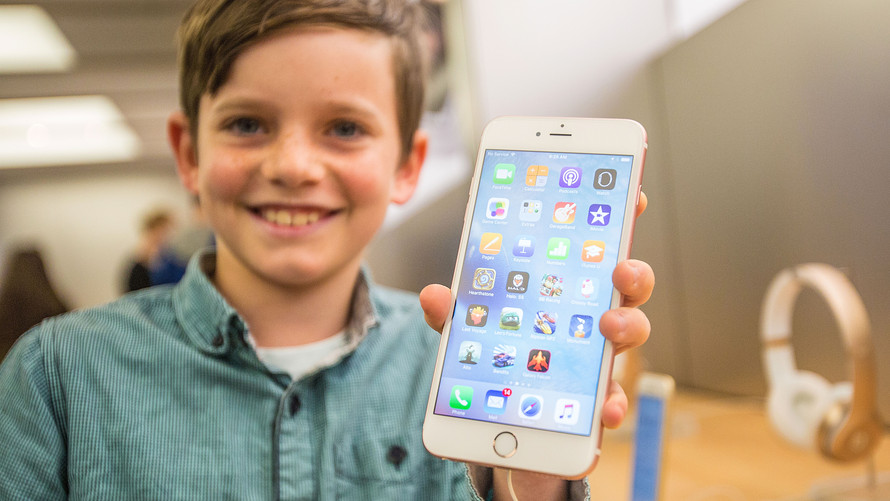Although smartphones make people’s lives easier every day, some studies show that spending too much time interacting with phone screens and social networks can negatively impact mental health. and physical, including sleep and social interactions.
Goodin suggests that we should think of “digital diet” as the same as a diet and identify what technology junk food is. Because each diet is different for each person, you should also consider the real needs of using emails and applications for your daily work before developing a “digital diet”.
Apply the “end of work” rule
Many people have to spend a lot of time working in front of a computer screen or other technological devices. So after working hours, Goodin suggests that they should not “stick their eyes” on the screen anymore. Limit the use of smartphones at lunchtime, when traveling to work, or returning home in the evening is a good way to relax your eyes and mind.
Reduce notifications on your phone
One method that Goodin applied is turning off all notifications on the phone and switching them to vibrate mode. “The reason why this is effective is that in the battle between notifications and self-control, notifications always win,” she shared. However, this expert also added that you should still set some necessary notifications that you need.
Leave your smartphone elsewhere
Do you have a habit of constantly accessing social media? The quickest way to fix this bad habit is to delete social media apps from your smartphone. However, this can be difficult, so Goodin advises you to try deleting social media apps on weekends or certain days of the week or try to reduce online time.
You can also put these highly addictive apps into folders to hide them or change the password for them frequently. “Make sure you have to go through a few steps before using them, rather than easily accessing them,” Goodin shared.
Set limits
In 2012, McKinsey Global Institute found that a typical skilled worker spends 28% of the week working on tasks related to email. If you feel like you have to constantly check emails, affecting other tasks, the best way is to deal with each task at a certain time.
“Check it 2-3 times a day. You set your email checking time in the morning and plan to check again during lunch or in the afternoon,” Goodin said. Reasonable control of email usage time will help you get more work done.
Create smartphone-free zones
The last method is to set certain places and situations where you should not use your phone. For example, you can have a phone-free vacation, or the bedroom, bathroom, or kitchen is a no-phone area. Employees during work hours can place their phones outside the desk, choose not to bring phones to meetings or to the rest area.
You may also like



































